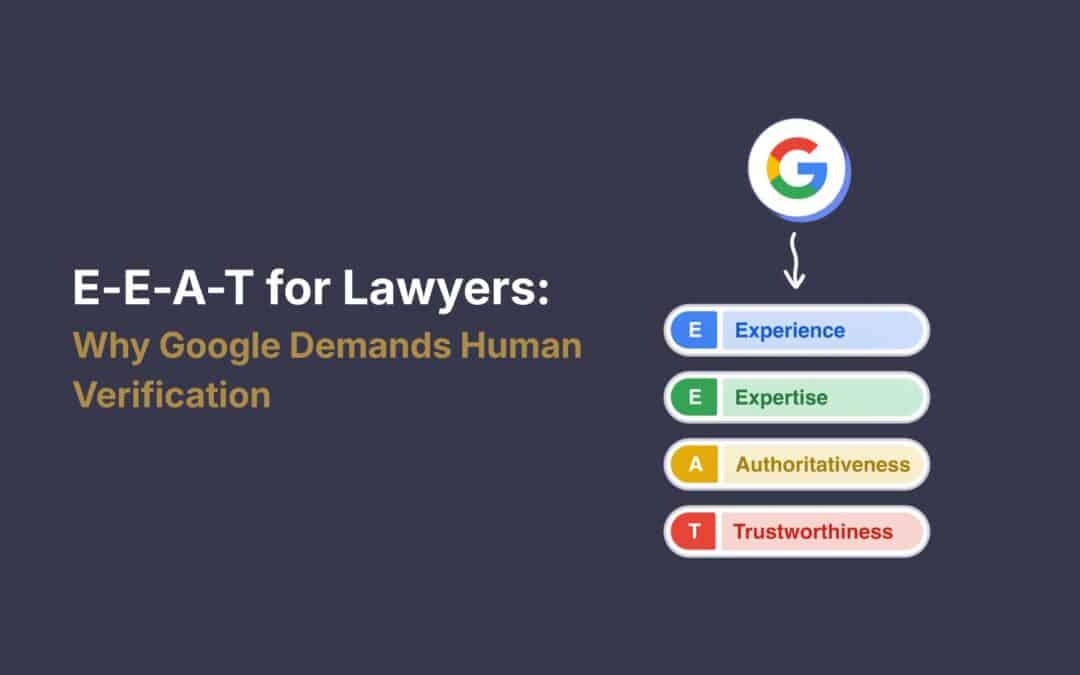Cyberattacks are becoming increasingly common, and law firms are a prime target. This is because law firms store a lot of sensitive data, such as client information, financial records, and trade secrets. A successful cyberattack can have devastating consequences for a law firm, including financial losses, reputational damage, and even legal liability.
There are four main types of cyberattacks that law firms face:
1. Data breaches: This occurs when cybercriminals gain access to a law firm’s computer systems and steal data. Data breaches can be caused by various factors, including malware infections, phishing attacks, and human error.
2. Ransomware attacks: This occurs when cybercriminals encrypt a law firm’s data and demand a ransom payment in exchange for the decryption key. Ransomware attacks can be very costly and disruptive for law firms.
3. Phishing attacks: This occurs when cybercriminals send emails that appear to be from a legitimate source, such as a client or court registry. The emails contain links or attachments that, when clicked on, install malware on the law firm’s computer systems. Phishing attacks are one of the most common types of cyberattacks and can be very difficult to spot.
4. AI-generated voiceovers: Hackers are now using artificial intelligence (AI) to devise very clever ways to employ voice messaging to recreate an actual client’s voice. The AI-generated phone call confirms where to send the funds for a settlement. The law firm responsible for the transfer hears the familiar voice confirming the financial transfer and sends the money to the hacker’s account. Law firms are now regularly being scammed using this method and are cautioned to remain vigilant against cybersecurity attacks using AI voiceovers.
To secure your law firm’s website and data, you can take a number of steps, including:
• Keep your software up to date: Software developers regularly release updates that patch security vulnerabilities. Make sure to install these updates as soon as they are available for all of your software, including your operating system, web browser, and security software.
• Use strong passwords and enable multi-factor authentication (MFA): Strong passwords are essential for protecting your website and data from unauthorised access. Use a combination of upper and lowercase letters, numbers, and symbols, and avoid using easily guessed words or phrases. MFA adds an extra layer of security by requiring you to enter a code from your phone in addition to your password when logging in.
• Invest in security software: Security software can help protect your website and data from a variety of threats, including malware, phishing attacks, and data breaches. Make sure to choose a security solution appropriate for your law firm’s size and needs.
• Educate your employees about cybersecurity: Your employees are often the first line of defence against cyberattacks. Make sure to educate them about cybersecurity best practices, such as how to qualify AI-generated voiceovers, identify and avoid phishing attacks and how to create and use strong passwords.
Conclusion
Safeguarding your law firm’s website and data is essential for protecting your clients and your business. By following the tips above, you can help reduce your risk of becoming a cyberattack victim.
If you have any cybersecurity concerns or needs, Lift Legal Marketing is here to help. Contact us today at [email protected] to learn more about how we can help you.
About the author

Brian Hicks
Brian has more than twenty years’ experience in law firm marketing and management and has worked extensively in other diverse industries including real estate, tourism and technology. Brian lives in Sydney with his wife and two daughters.











